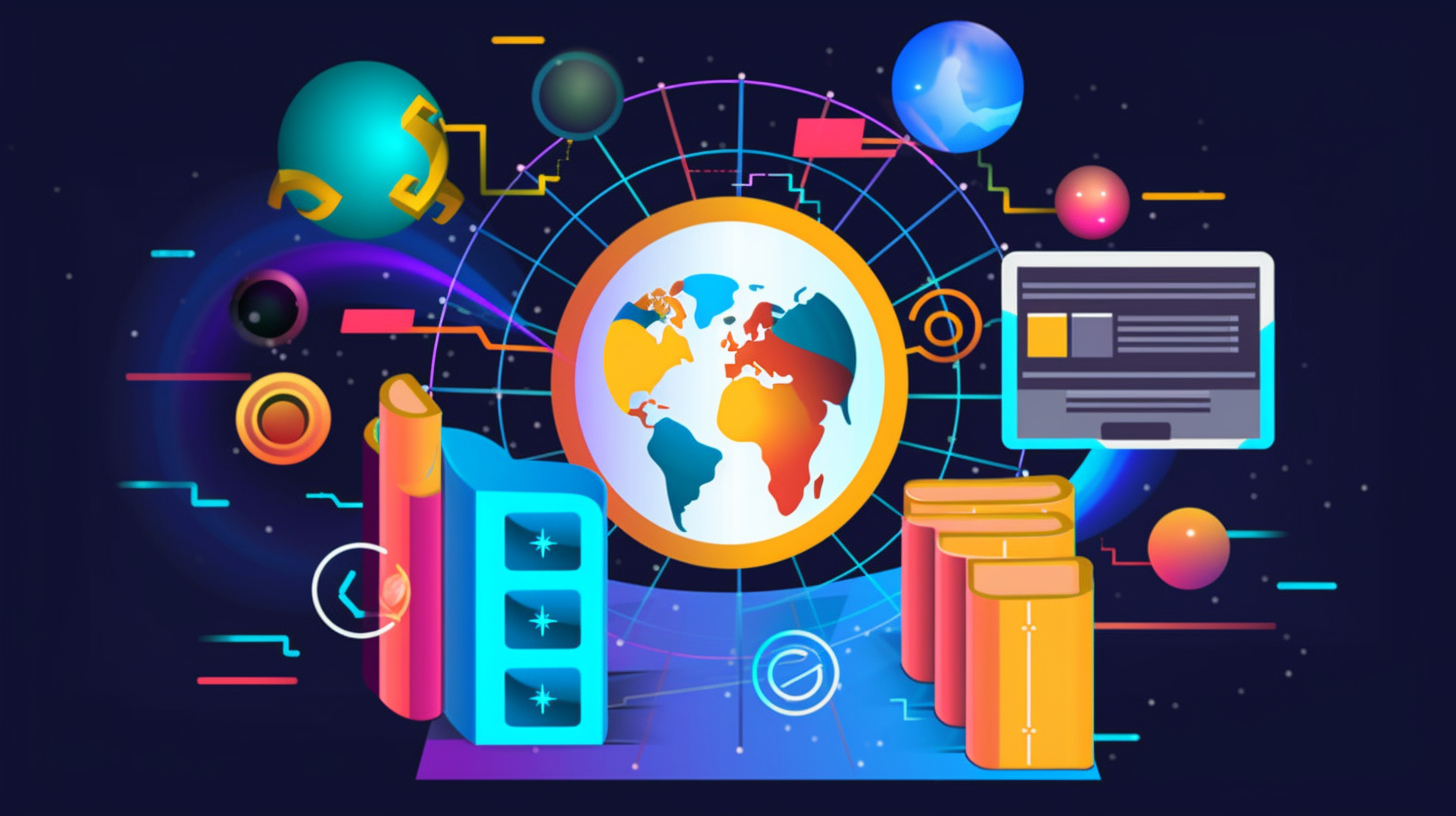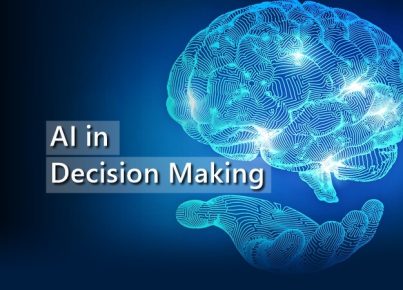In an increasingly digital world, the importance of digital literacy cannot be overstated. As technology continues to evolve at a rapid pace, so too does the need for individuals to possess the skills necessary to navigate, evaluate, and create digital content effectively. This trend has given rise to a surge in digital literacy programs across educational institutions, workplaces, and community organizations.
Digital literacy programs are designed to equip individuals with a wide range of skills, from basic computer operations to more complex concepts such as data privacy, online security, and critical thinking in the digital realm. These programs are not just about teaching people how to use technology; they’re about fostering a deeper understanding of the digital landscape and its impact on our lives.
One of the key focuses of modern digital literacy programs is teaching individuals how to discern credible information from misinformation online. With the proliferation of fake news and the ease with which false information can spread on social media platforms, the ability to critically evaluate online content has become a crucial skill. Many programs now include modules on fact-checking, understanding bias in digital media, and recognizing the signs of manipulated or false information.
Another important aspect of digital literacy programs is the emphasis on digital citizenship. This involves teaching individuals about their rights and responsibilities in the digital world, including ethical online behavior, respecting intellectual property, and understanding the consequences of one’s digital footprint. As our online and offline lives become increasingly intertwined, the concept of being a good digital citizen has gained significant traction.
Furthermore, digital literacy programs are adapting to address emerging technologies and their implications. Topics such as artificial intelligence, blockchain, and the Internet of Things are being incorporated into curricula to prepare individuals for the future digital landscape. Understanding these technologies and their potential impacts is becoming increasingly important for informed digital citizenship.
The trend towards more comprehensive digital literacy programs is not limited to formal education settings. Many businesses are recognizing the need to upskill their workforce in digital competencies. This has led to an increase in corporate training programs focused on digital literacy, often tailored to specific industry needs.
As we move forward, the trend of expanding and evolving digital literacy programs is likely to continue. The dynamic nature of the digital world means that these programs must constantly adapt to new technologies, platforms, and digital challenges. The goal is to create a populace that is not just comfortable with using digital tools, but is also capable of leveraging technology in ethical, productive, and innovative ways.





